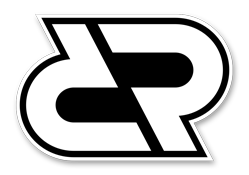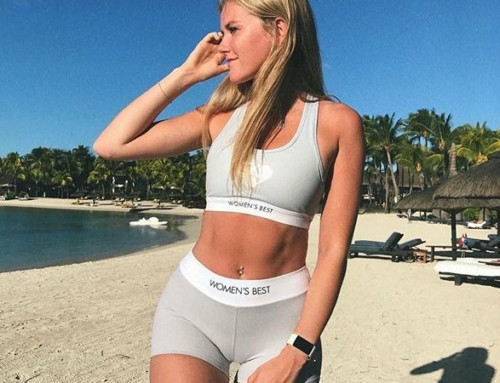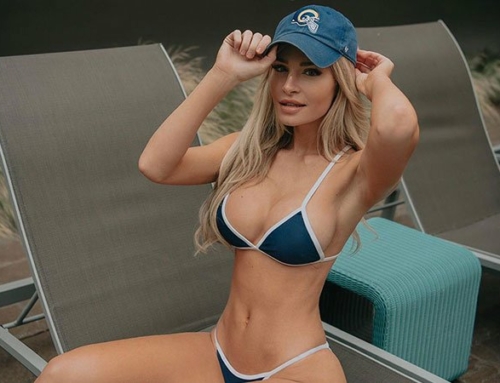With host Chris Evans having thrown in the towel after just one season following disappointing ratings and a seemingly endless media assault, how can the BBC get its stalled car show back on track?
When Chris Evans (the British media personality, not Captain America) announced on Monday that he was stepping down as host of Top Gear after just one season, such is near-farcical level of interest in the BBC’s flagship motoring show that the story instantly became headline news (for a while).
But while the exact timing of Evans’ decision may not have been known, his move can hardly have been a surprise. Much of the U.K. media had seemingly been out for him to fail the second the former enfant terrible of breakfast TV and radio was named as the replacement for Jeremy Clarkson, someone many regarded as irreplaceable (casual xenophobia and violence towards producers aside). The Top Gear brand may be owned by the BBC, but Clarkson was seen very much as the man behind the wheel.
Even while the Evans-fronted rebooted series was in production, there was talk of disharmony behind the scenes, with rumors of friction between him and his fellow co-host Matt LeBlanc, a signing aimed at giving the show a broader international appeal, especially in the U.S., where it airs on BBC America.
Evans got his first real taste of what was to come in March, when a long-lens snapper spotted LeBlanc doing donuts in a Ford Mustang “just inches” from a famed London war memorial for a segment in the new series. The media-fueled outrage saw the story become top news and resulted in Evans being hauled before cameras to apologize.
The new-look show finally debuted in late May, with BBC execs no doubt hoping the critical reception and ratings smash of the return of its prized possession would finally silence the haters.
But this wasn’t to be.
The debut episode of the rebooted show scored 4.3 million overnights, a figure the BBC claimed was “healthy” but not up to Evans’ own target, having previously stated he’d be “disappointed” by anything below 5 million.
If the start wasn’t what the Top Gear team had been hoping for, the figures proceeded to get worse. The second episode was seen by 2.8 million, half the average of the old Clarkson show. And ratings slipped to 2.4 million a week later and fell by another 100,000 for episode four.
Although overall viewership improved thanks to BBC iPlayer, the summer launch date didn’t help matters, with the Euro 16 tournament ensuring eyes that might have been fixated on millionaires in cars were instead focused on millionaires kicking soccer balls around. That said, Top Gear was still eclipsed by long-running series Antiques Roadshow (The Sun decided to highlight the difference between the shows by doing a handy minute-by-minute compare and contrast — “3 mins, 10 secs: Chris Evans introduces a car with 666 horsepower at the same time as a punter tries to sell a flower ornament.”)
Across the Atlantic, it didn’t look much better. On BBC America the first four episodes of the show averaged 413,000 total viewers each, the first attracting 388,000 compared to 530,000 from the previous series.
It wasn’t just the numbers, though. Evans was instantly criticized for being excessively loud, for reports of canned laughter in the show’s studio segments and for his ongoing “war” with LeBlanc, with the tabloid papers suggesting the two were blaming each other for the show’s woes. The broadsheets also entered the fray, The Telegraph reporting the LeBlanc would “quit” should Evans not be shown the door or leave himself.
Even before the fifth show aired on Sunday, bookmakers — who had been offering odds on all things Top Gear-related since Clarkson’s fist went flying in early 2015 — began taking bets on whether the show would continue, one company giving five-to-four odds for the BBC to swing its ax.
Evans’ subsequent announcement on Monday has sent the speculators into overload, with several theories running wild.
One publication says that the host won’t be replaced, with LeBlanc, who proved to be a surprise fan favorite, expected to take over as sole main host. Evans himself has urged his former colleagues to “move on” without him, saying in a statement that leaving was the “best thing” he could do for the show.
The BBC is likely to take stock before making any bold announcement regarding Top Gear’s future. Given the show’s importance (it was estimated to be worth some $75 million as a brand to BBC Worldwide last year), it’s unlikely to be going anywhere. While the new look version may not have been the ratings hit it wanted, the broadcaster revealed on Monday that it had sold the new Top Gear to 130 territories, whereas Clarkson’s version had managed just 89. It also has a major deal with Netflix.
But whether the show can continue with LeBlanc — a very different personality to the previous team — wearing the only pair of driving gloves remains to be seen. Evans hired four other presenters — Sabine Schmitz, Chris Harris, Rory Reid and Eddie Jordan — to help out, and they could be given bigger roles.
Replacing Evans with another famous face, however, could be a false start. While he wasn’t wildly known in the U.S., Evans had been a media personality in the U.K. for two decades, having amassed both fans and detractors. As had been pointed out by many commentators, Clarkson was an unknown before he joined Top Gear in the late-Neolithic era, his controversial star rising along with that of the show.
The bookmakers, who had Evans as their favorite last year, seem to agree.
Among potential replacements, the names with the shortest current odds are motorcycle racer Guy Martin, who has been the subject of several documentaries and motoring series but largely unfamiliar to those outside of racing circles. Another, altogether different Martin, TV chef James, is also a frontrunner. Martin was recently host of the BBC’s Saturday Morning Kitchen.
But there’s one interesting name on bookies’ lists, one that surfaced last year, has appeared on the show before, has been outspoken against Clarkson, has sizeable international fame and could give Top Gear an entirely different feel.
In at around 14-to-1, it’s Steve Coogan.
And of course, Clarkson’s new Amazon show The Grand Tour, with cohorts James May and Richard Hammond, debuts this fall.
If it looked like the knives were out for Evans before he’d even had a chance to adjust his seat or check the rearview mirror, Clarkson had better prepare his defenses.
Source: Hollywood Reporter – Top Story





